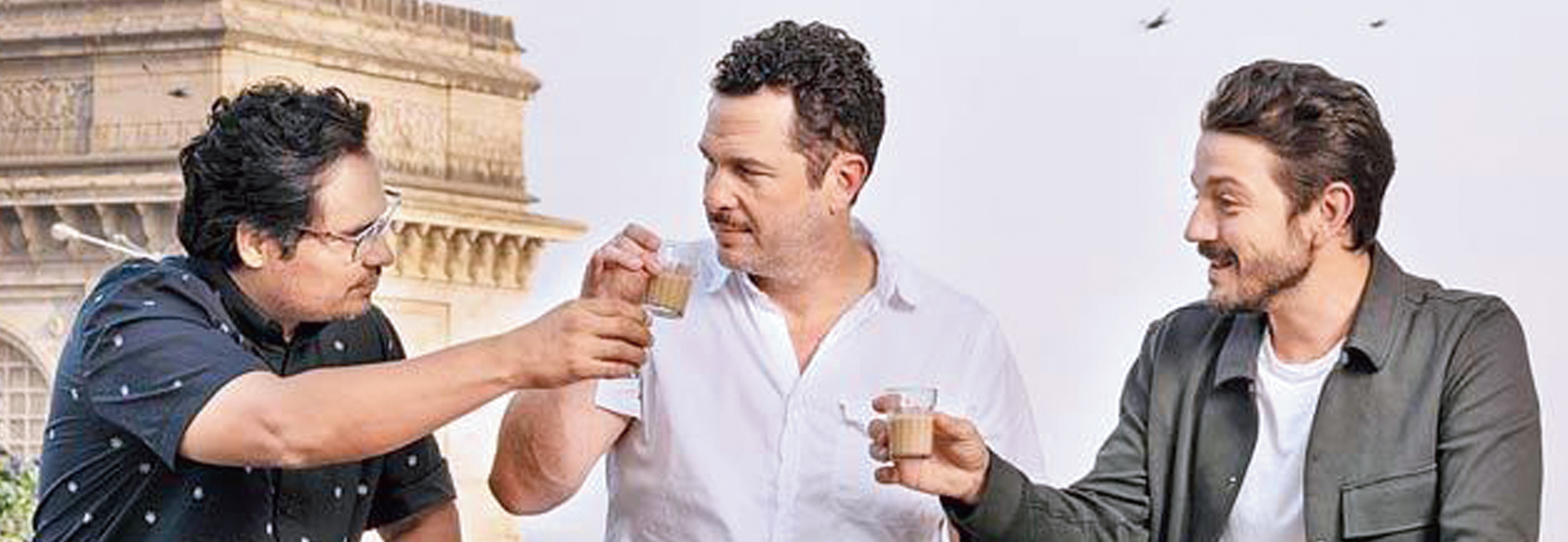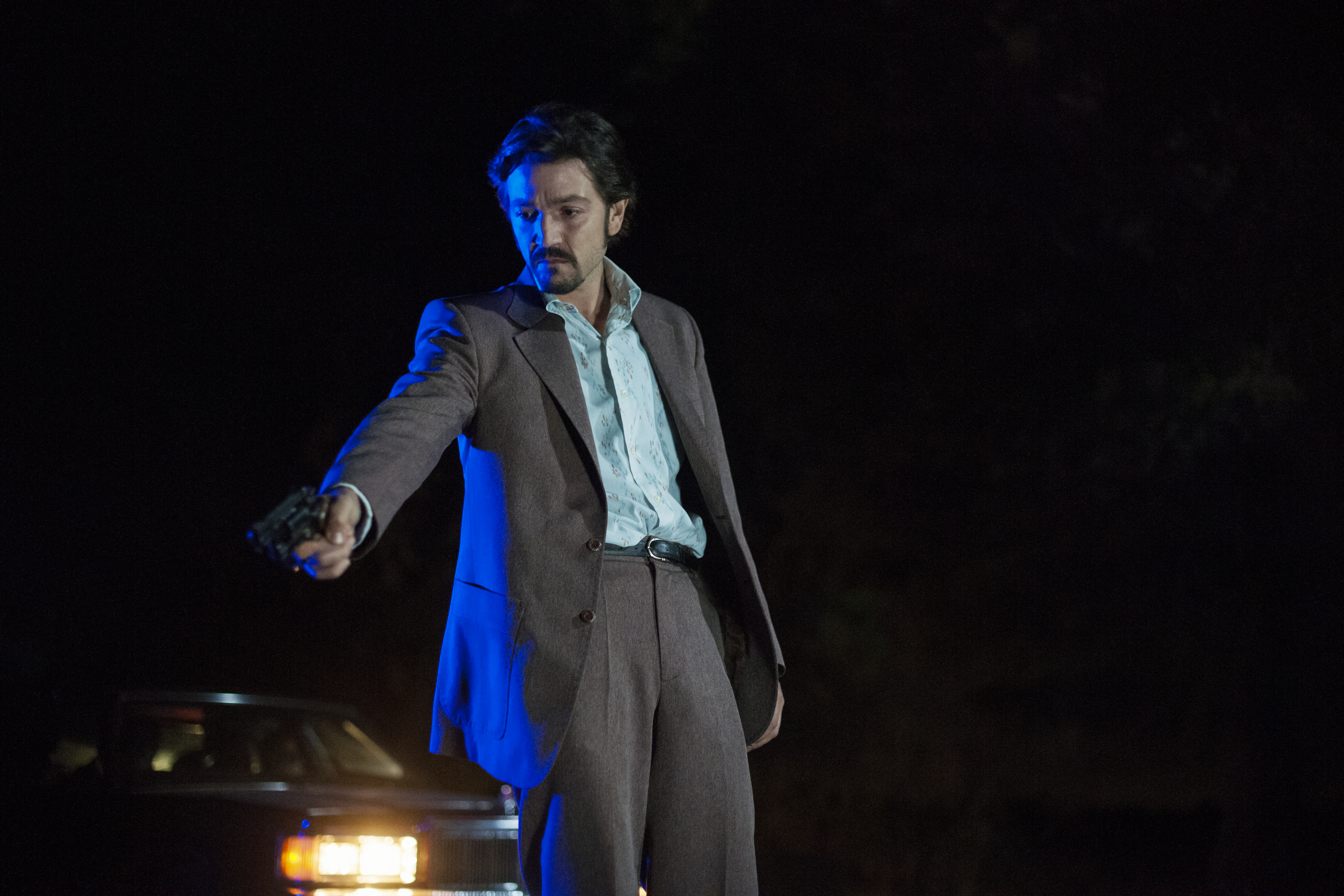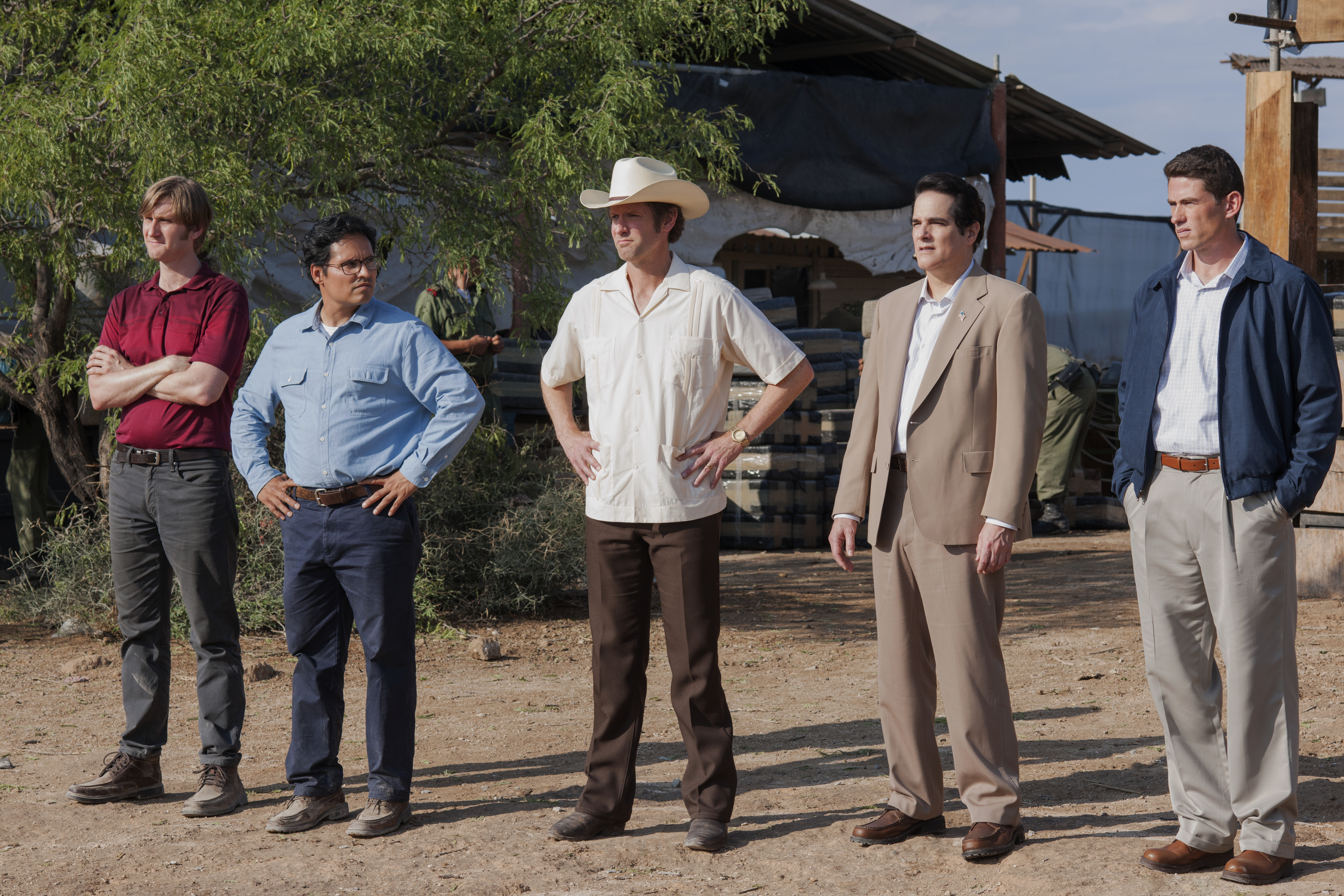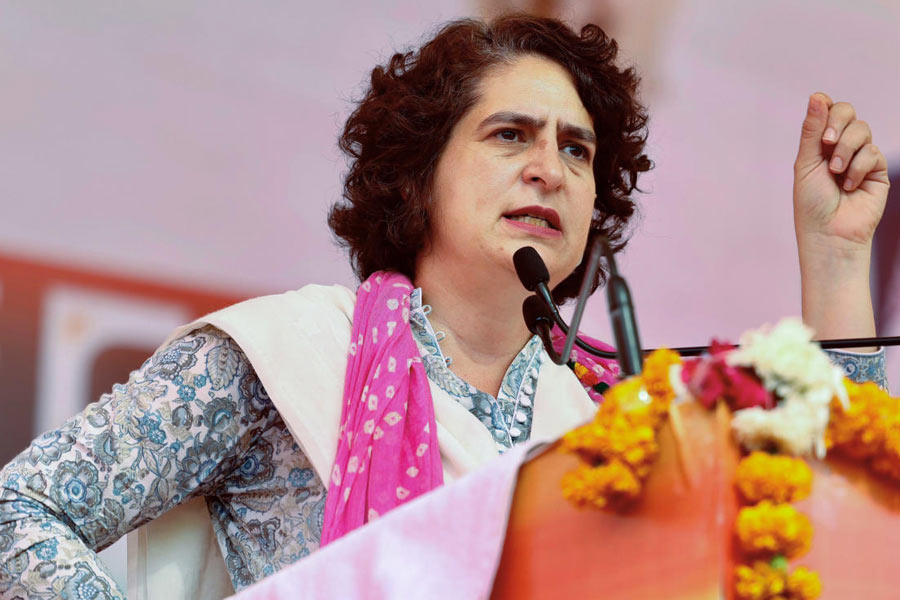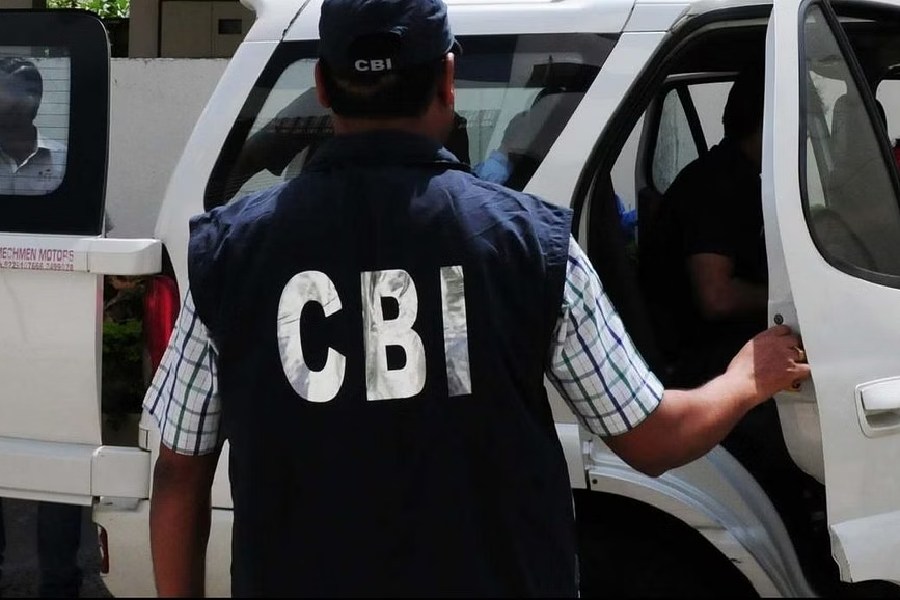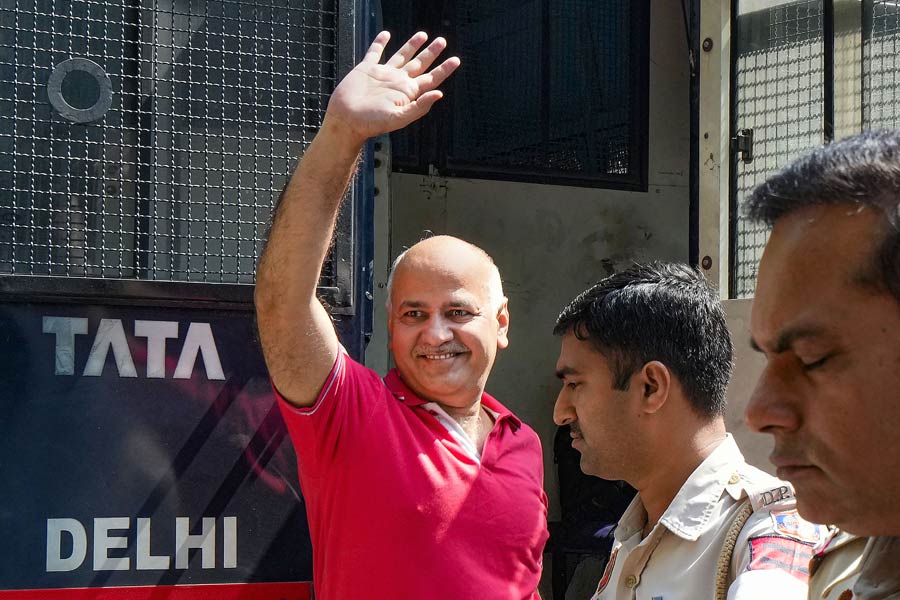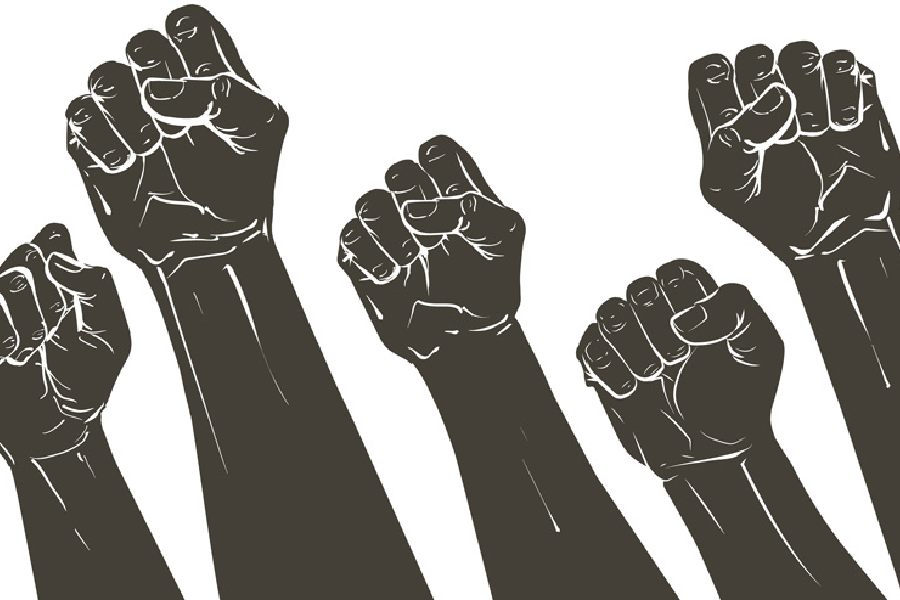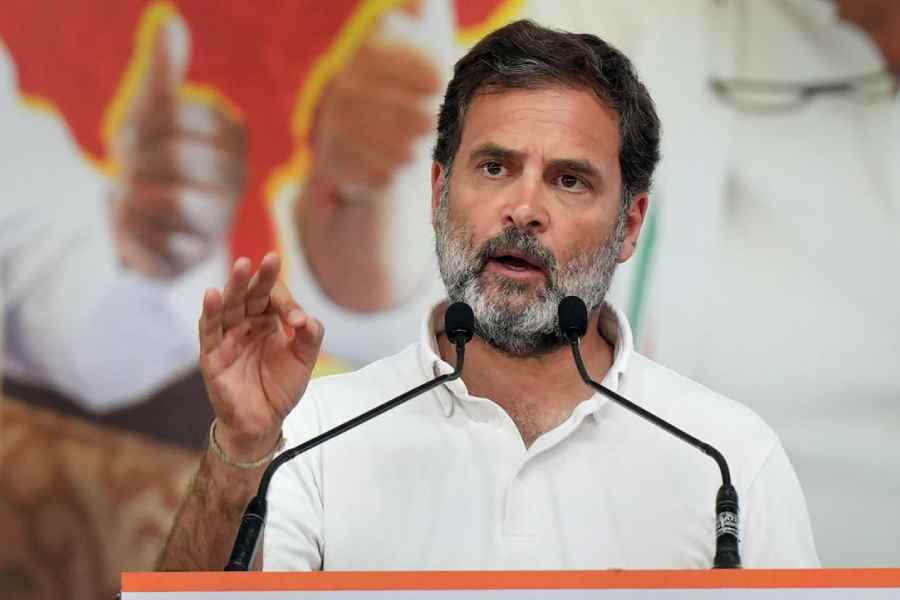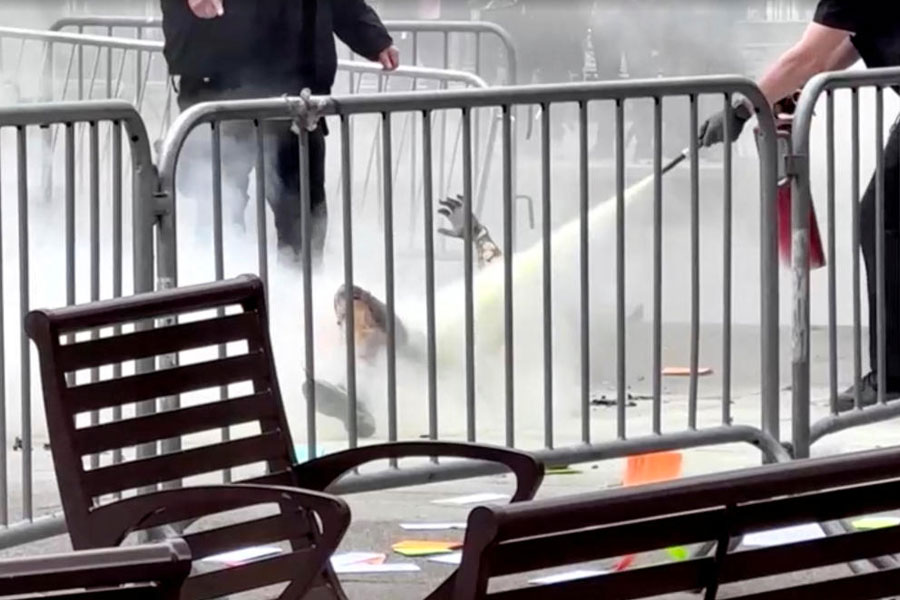The show tells the story from the perspective of the bad guys and the good guys. Why was that important to you?
To reduce these characters down to good versus evil does a tremendous disservice to not only the problem but also the humanity we’re trying to portray. Because that’s what we’re trying to do —we’re trying to humanise these characters and this story. Otherwise, you enter into a dangerous realm of monsters.
Monsters don’t spring forth from the womb, they’re created by circumstances and trends and economics. If you have America with this vast appetite for cocaine coupled with indifference and ignorance, you have corruption and economic disparity in Latin America, you’re going to create a certain type of criminal. Clearly, not every person grows up to become Pablo Escobar or the Rodriguez-Orejuela brothers or Felix Gallardo, but we collectively have to take some responsibility for how we’ve allowed this to happen. And it’s only got worse.
The single greatest mistake and why we are where we are with half a million people who’ve been killed, is we seem unable to look inwards and deal with the demand. The drug epidemic is a healthcare crisis, it’s not a law enforcement thing. You’re not going to prosecute drug dealers and somehow reduce the demand. The only thing that would work is if the demand is reduced, the supply will vanish... it’s not the other way around. If you continue to attack the supply, someone will always find a way around it and that’s what happened in Mexico. It’s why the show has moved. Eventually, it became difficult for the Colombians to get their product through Miami and so they partnered with Mexico. And that’s very much the evolution of the trade, and the evolution of our show.
What kind of research has gone into show?
We’re an incredibly research-driven show. There’s some incredible research done by some incredibly brave journalists. Many of those who wrote these exposes — on the link between the traffickers and the government, the link between traffickers and law enforcement, the link between American foreign interests, the CIA and the drug trade — were killed. There’s also no shortage of people who’ve lived through it. This is a recent story that continues, and obviously it’s still going on, particularly in Mexico. And so they are around, we just have to listen to them.
How much of what we see on screen is what happened in real life?
A lot of it. And I always look back at the end of a season and I think, ‘Is this all stuff I can source in my reading?’ The fact of the matter is yes. Obviously, we can’t get inside the heads of many of these people, not just those who are dead or not willing to talk to us. But there is always a subjectivity, even in documentary filmmaking. You can watch two different documentaries about the same subject and walk away with completely different opinions. So, we look for what actually happened and we tell that story, picking a collection of incidents that are all documented and easily found on Wikipedia, and creating the show based on that sort of structure.
In the seasons that you’ve filmed until now, has there been an incident or story that was just too crazy to be true?
Oh. Again, there’s no shortage of that. In Season 4, the level of the Mexican government’s role in the trafficking enterprises is pretty shocking. It’s up there with Escobar blowing up an aeroplane to kill one person, or bombing the Palace of Justice in Season 1. Also, the level of corruption and injustice, and the incredible bravery of some of these people. As an American production, we don’t presume that America has done any of these suffering and dying in comparison to Colombia and Mexico, but the numbers are pretty staggering. I’m always surprised by how long it’s gone on, how bad it’s gotten and the fact that we’re still battling the same organisations 30 years later.
This season is set in Mexico. Can we have a sense of what’s happening this season and where it fits into the timeline of the Narcos world.
This season is about the birth of the Guadalajara cartel, and the beginning of the modern Mexican drug trade and the drug war itself. I had always planned on moving the show to Mexico after we finished in Colombia. What I did learn in my research was that it’s impossible to tell the story of Mexico without going back in time to 1980. Basically, 1980 Mexico, which is the setting of Season 4, is when the Colombian operation is in full swing. We saw the Colombian chapter until 1995. So, we’ve got 15 years before the Colombian chapter closes, so there’s some intersection which is pretty cool.
India’s fight against drugs is quite well known. Would there ever be a ‘Narcos: India?’
There is no shortage of stories on Indian organised crime. I loved Gangs of Wasseypur and Company. I don’t think many stories have been told about the drug problem. Sadly, we are all connected by this trade and it touches all of us — no matter where we are, it all comes from the same place. So, definitely there’s a very good story to be told there.
I believe you initially wanted to just tell Pablo Escobar’s story as a film?
Yes…years ago. In the mid-90s, I had heard some fascinating stories about the drug war and because I was a film producer, I thought it would make a great film. I believe there are no good men and evil men, there are just men who do evil things, like Pablo Escobar.
And what I learnt in the process was that in a 90-minute film format, they can only be portrayed as bad. You can’t have a guy, 15 minutes in, blow up an airplane and kill a bunch of innocent people and then 45 minutes in show him as a devoted father and husband. That’s just going to confuse the viewer. The television format lent itself to telling this story, and it’s really the only way to do it. So, I got into business with Netflix and they were looking to expand into Latin America, and this made perfect sense.
Before Season 4 of Narcos: Mexico launched on Netflix, we sat down with the global hit’s executive producer and showrunner Eric Newman for a chat.

